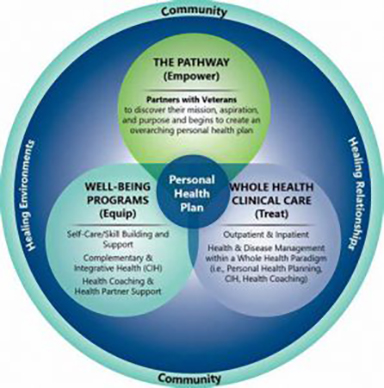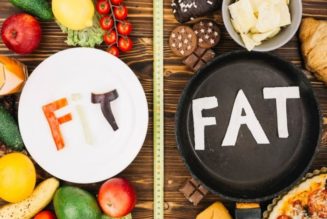For many Veterans, eating fast began with basic training. Consuming food has always been something you do to survive, and eating is a considerable aggravation for drill instructors given the short time frame to equip new troops. Digesting food fast during mealtime can last through your time in service. We must adapt and overcome.
Some of the effects of poor eating habits on your overall health
Consistently eating fast can have lasting effects on your overall health and well-being. Some of the short term effects include excessive bloating, elevated blood pressure, increased blood sugar levels and decreased nutrients to the body. Long-term effects include increased chances for obesity, metabolic syndrome, diabetes and gastritis.
According to Ann MacDonald at the Harvard Medical Blog, eating slower may help you feel full faster. “Scientists have known for some time that a full stomach is only part of what causes someone to feel satisfied after a meal. The brain must also receive a series of signals from digestive hormones secreted by the gastrointestinal tract. Research suggests that leptin amplifies the signals that enhance the feeling of fullness.
“Other research suggests that leptin also interacts with the neurotransmitter dopamine in the brain to produce a feeling of pleasure after eating. The theory is that by eating too quickly, people may not give this intricate hormonal cross-talk system enough time to work.” We know that modifying how you eat and slowing down when eating can prove challenging for those who served.
Benefits of Whole Health on food and drink and components of health
Whole Health strives to achieve the VA mission: “Honor America’s Veterans by providing exceptional health care that improves their health and well-being.” One component of Whole Health includes mindfulness and is every part of your health. Mindfulness uses the senses to pay attention to your likes and dislikes. Being aware of the food you eat urges you to focus on the smells, surfaces, flavors and tastes of food. You may then become more conscious of the food you are eating and be able to make better decisions with your choices. As a result, you may experience fewer episodes of binge eating, emotional eating and pleasure eating.
Practices to eat mindfully include using chopsticks, using your non-dominant hand, eating while sitting down and avoid watching a tv or media device. You can also try practicing gratitude for the meal, chew your food ten to fifteen times per bite, take a sip between bites, put proper portions on your plate and try to make the meal last at least twenty minutes.
Whole Health has a variety of additional services available to assist Veterans with reaching their goals in all aspects related to their health and well-being. In addition to mindfulness, Whole Health Coaching and Whole Health Partner support is also available, offering individual and group settings. Whole Health coaches and partners work with Veterans and employees to improve their well-being by making the lasting changes that align with their values so they can achieve behavioral change.
Services to assist in reaching your goals
Some offerings include “Taking Charge of My Life and Health” sessions, independent Whole Health coaching, healthy eating courses and tobacco cessation support. In addition to coaching and partner support, complimentary integrative health services assist Veterans in their journey toward healthier eating. Those additional services include nutrition resource support, I-Rest Meditation, Deeper Dive, Mindful Warrior and Self-Hypnosis. Other ancillary resources to guide you in living your best life include the MOVE! Program.
The Circle of Health is a visual picture of the Whole Health approach to care. This helps you explore connections between important aspects of your life and your health and well-being. Fill out your Personal Health Inventory, then share it with a trusted source, a friend, a health care provider or mental health clinician, and start living Whole Health today.










